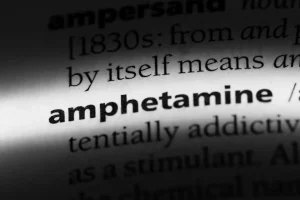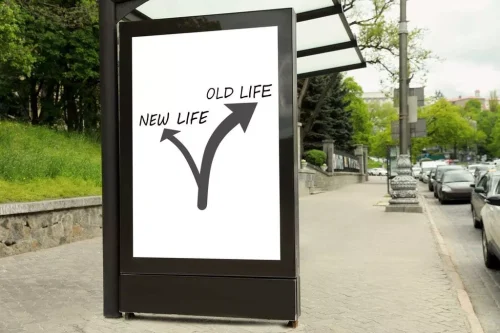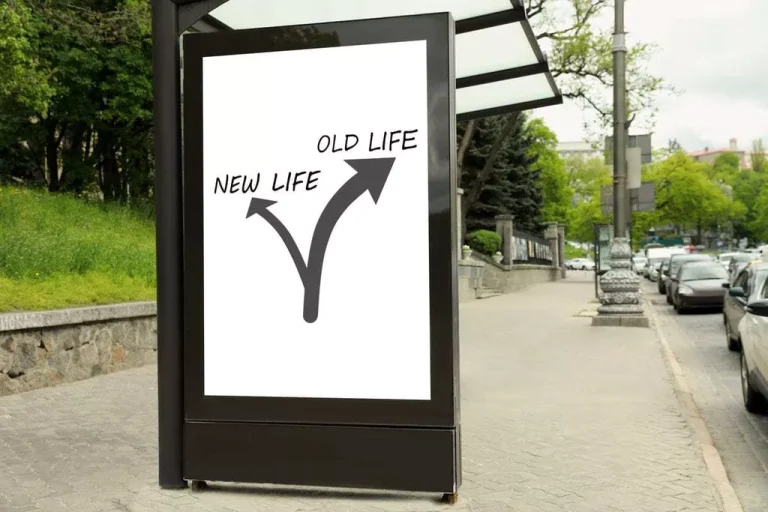
It may be helpful to start by reflecting on which behaviors or parts of your relationship you’d like to see changed. When it comes to substance use disorder, detachment may involve setting clear boundaries and ceasing to take responsibility for someone else’s behavior. There are times when the healthiest choice might be to lovingly detach rather than to try to control someone’s behavior. Ambiguous loss is a term that has been used to describe the experience of losing someone in an incomplete, not-quite-final manner (Boss, 2010). The cognitive dissonance that results can be difficult to manage due to the feelings of ambiguity that surround the situation.

How to Let Go of An Addict You Love: Knowing When It’s Time To Let Go

If you’re living with an addict, you probably have more than a few horror stories to share. Your life has undoubtedly been filled with stress and uncertainty as you watch someone you love spiral into addiction. Many times, people come out on the other side of addiction into a better, more fulfilling life. Until that time comes, here are some tips for living with an addict as well as some hard truths you need to face.
What to Expect When You Love a Drug Addict
- When dating a former drug addict, it is crucial to consider their commitment to sobriety, their ability to make healthy lifestyle changes, and the potential for relapse.
- Although defending your partner is tempting, enabling only delays the inevitable.
- His own recovery began only after an arrest for heroin possession in 1983.
- Self-Care and Self-Compassion are important for supporting a partner in recovery from addiction.
- Knowing when to give up on an addicted person is an important part of understanding addiction.
- They make promises of improvement and change, only to stumble and fall, time and time again, extinguishing any glimmer of hope.
Understanding addiction and recovery is essential to comprehend the challenges that may arise. Addiction is a complex disease that affects alcohol rehab an individual’s brain chemistry, behavior, and relationships. Recovery is a lifelong process that involves not only overcoming physical dependence but also addressing the underlying emotional and psychological aspects of addiction. Staying in a relationship with an addicted person can negatively affect both of you.

Recovery Coaching
When supporting a partner or family member who is in active addiction to alcohol or other drugs, it’s critically important that you also take care of your well-being. Supporting your partner in recovery is a vital aspect of a loving relationship. Encouraging treatment and therapy can be instrumental in helping them maintain their sobriety. Being a source of emotional support, understanding, and empathy can make a loving an addict significant difference in their recovery journey. Effective communication and setting healthy boundaries are crucial in maintaining a healthy relationship.
It should not be used in place of the advice of your physician or other qualified healthcare provider. It should not be used in place of the advice of your physician or other qualified healthcare providers. Remember, seeking help and assistance is beneficial for both your partner’s recovery and your own well-being.


Loving someone and living with someone with an addiction can be an emotional rollercoaster, filled with complexities that often go unnoticed. Alcohol and substance dependency are intricate and challenging issues that continue to expand globally. In this section, we’ll dive into these intricacies, exploring the =https://ecosoberhouse.com/ deep connections and challenges that come with loving an addict. We’ll gain insight into the realities of addiction and recovery, shedding light on the path to understanding and finding support. It’s time to navigate the uncharted territory of loving an addict and discover the strength it takes to persevere.
- Many people who recover from addiction live happy, healthy, and fulfilling lives.
- It tests your patience, resilience, and ability to support someone battling addiction.
- Addiction is characterized by compulsive drug use despite harmful consequences.
- Trust can be consistently broken due to addiction, which can be damaging to the relationship.